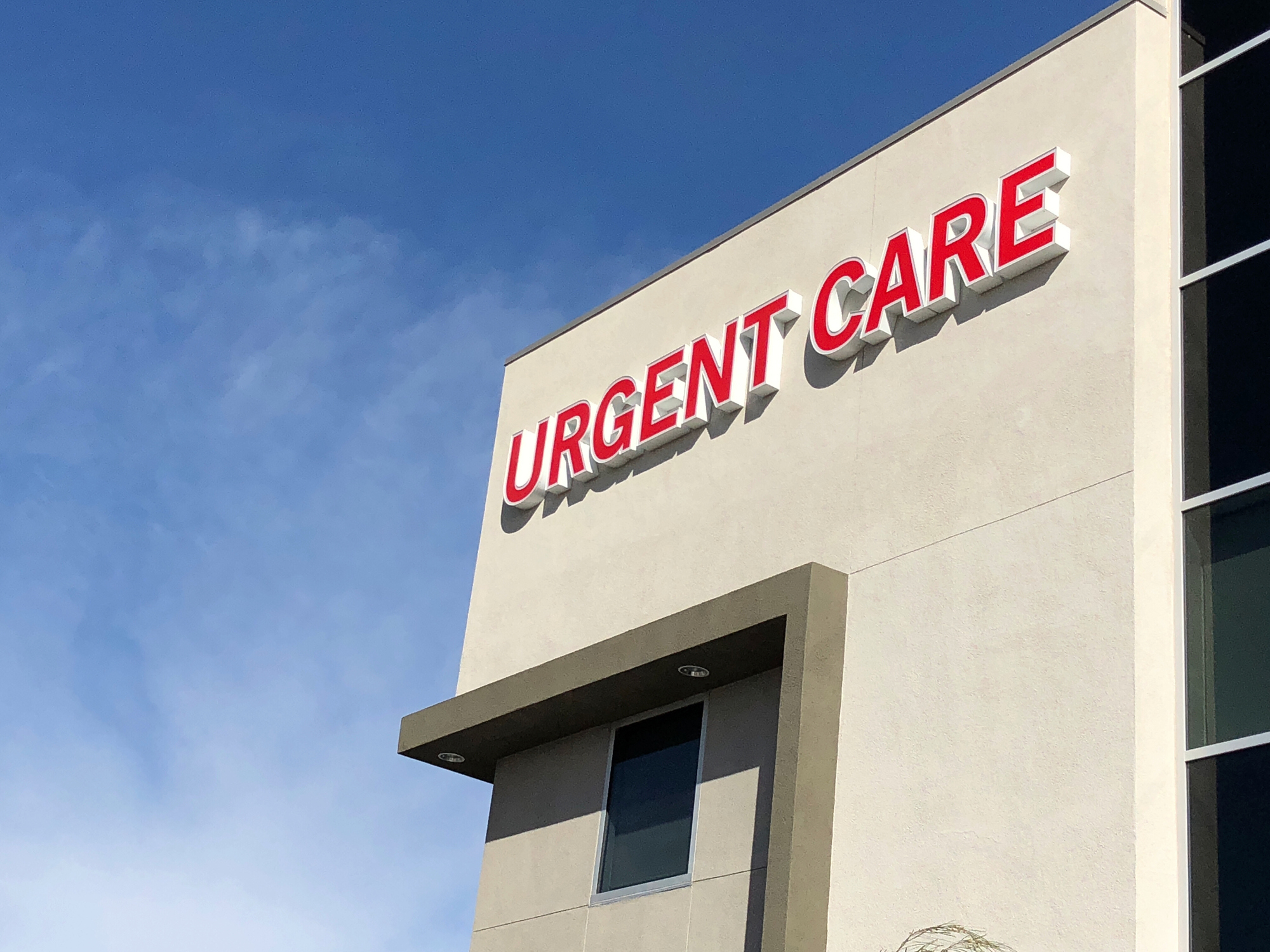Benefits Of Urgent Care

Urgent care sign
Urgent care is a medical treatment given to patients who need immediate attention but do not require admission to the hospital or other primary care practices. This type of care can range from non-life-threatening injuries to chronic conditions, including frequent flu and colds. They can also provide emergency care to ensure that patients are not in immediate danger. Urgent care centers usually have extended hours and accept walk-in patients without an appointment. Patients who visit their primary care physician for typical complaints such as a sore throat or respiratory infection may be referred to an urgent care center when the doctor’s office is closed. But why have Princeton urgent care facilities become an important part of modern healthcare? Here are some reasons.
Offer an Alternative to Emergency Care
Urgent care can be a better option than emergency care in some cases. Emergency rooms are designed for life-threatening conditions and cannot provide comprehensive treatment for non-life-threatening injuries or illnesses. Even though the facility will have board-certified physicians available to attend to emergencies, patients who visit an emergency room with non-emergency symptoms should expect to wait several hours before receiving treatment. Urgent care can provide faster, more effective treatment for non-life-threatening conditions.
Better Continuum of Care
Urgent care facilities can be part of a patient’s overall health and wellness plan. The primary physician may refer the patient to an urgent care center to treat chronic allergies, rashes, and colds. These conditions might not require immediate attention, such as those emergencies that occur at night or on weekends. Primary care physicians can also refer their patients to an urgent care facility if the doctor’s office is closed for an extended period.
Affordable
Patients with limited health insurance may find visiting an urgent care center more affordable. The cost of visiting an urgent care facility is significantly lower than that of the emergency room. Many facilities use a standard rate schedule that can be charged to patients without submitting an insurance claim. This makes it easier for patients with limited coverage to pay for their services.
Caters for Different Types of Illnesses and Injuries
Many physicians recommend that patients visit an urgent care center when they require immediate but not severe medical attention. Physicians may also refer their patients to a walk-in clinic if they need treatment for injuries such as broken bones and cuts. Likewise, the primary care physician may refer a patient to an urgent care facility if the doctor’s office is closed and needs immediate attention.
Highly Accessible
Patients can schedule an appointment at their convenience. Urgent care facilities are open extended hours, seven days a week. Patients can visit the facility without waiting for an appointment or receiving medical attention from a primary care physician. Most urgent care centers are near local hospitals and other medical facilities that provide extensive health services, making them easy to find and access.
In summary, urgent care is a branch of medicine that caters to patients who need immediate medical attention but do not need hospital admission or emergency care. It offers an alternative to emergency care and allows for a better continuum of care. Additionally, it is affordable and accessible and caters to different types of illnesses and injuries.








